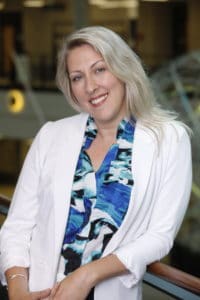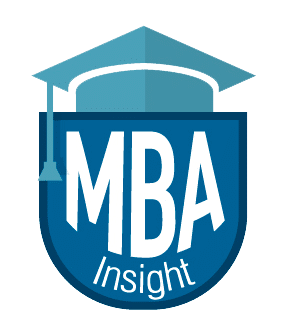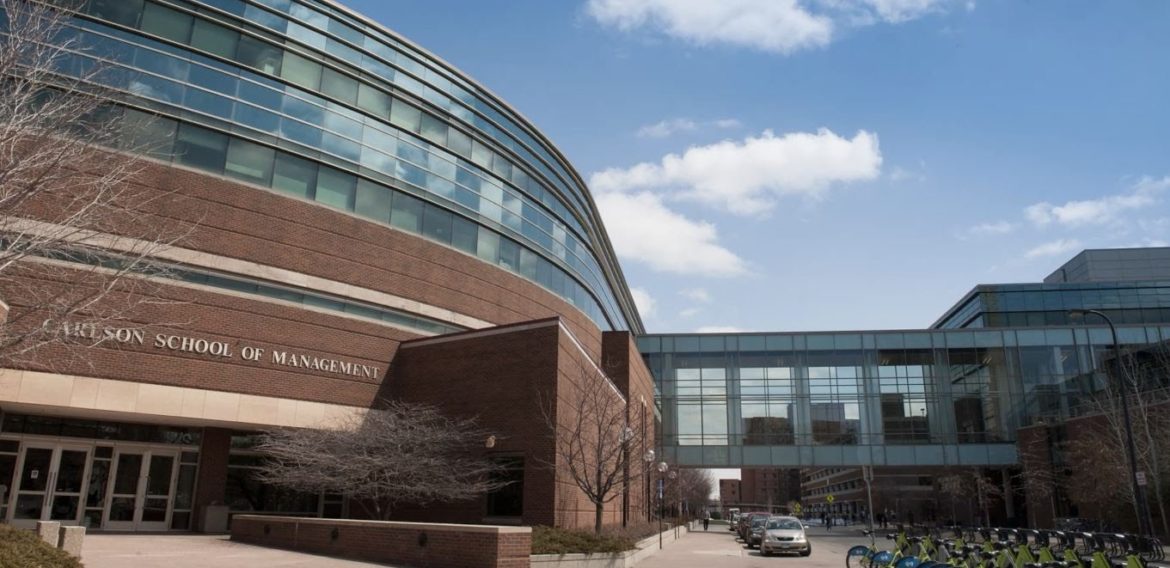Carlson Executive MBA (CEMBA) Program
Robyn A. Wick, M.A., Director of Carlson EMBA Admissions, Carlson School of Management What is the one area of your program that you wish applicants knew more about? We have a truly unique capstone experience in our Global Virtual Team Project. Our students in the U.S. spend 7-8 months working on virtual teams with our joint EMBA program students in Europe and China. The project encompasses all aspects of the MBA and adds in an entrepreneurial bend, a global management and cultural bend, while also providing essential global team experience. Many of our students already work globally, being on a global team of peers is a very different experience than working for the U.S. headquarters and having a team abroad. While the project is sometimes created simply for the purpose of the course, some groups have launched very real businesses and products out of this project. What’s the single most exciting development, change, or event happening at you MBA program this coming year? Our EMBA program recently went through a year-long curricular review and restructuring with the addition of new courses and limited electives that are cross-cohort. Finding a way to add some choice and flexibility into a lock-step program was a challenge but it has worked out well. Walk us through the life of an application in your office from an operational standpoint. What happens between the time an applicant clicks “submit” and the time the committee offers a final decision (e.g. how many “reads” does it get, how long is each “read,” who reads it, does the committee convene to discuss it as a group, etc.) Our Executive MBA program does rolling admissions, so the process is consistent but individualized. By the time someone hits submit, they’ve likely attended several events, had a phone call or in-person meeting with one of the staff (or had several phone calls or meetings), spoken with current students and alumni, visited class, or any combination of these. We really like to work with each candidate to give them what they need. For some, we may counsel them to look at our Part-Time MBA program or wait a few more years to gain some additional experience. We are more interested in having qualified applicants than a large batch of applications. Once the application is submitted, we do an informal review and decide whether or not to invite for an interview. We contact 2-3 of their references and get their feedback. After that, the decision is made by me with input from the other EMBA staff. We try to turn around the decision within a few days time, a week at most. How does your team approach the essay portion of the application specifically? What are you looking for as you read the essays? Are there common mistakes that applicants should try to avoid? One key thing they should keep in mind as they sit down to write them? We utilize the essay for various reasons. Obviously, we want to see that someone has graduate-level writing skills and can express themselves clearly. We have questions to guide the writer that help us better understand why the candidate is pursuing our program and what their goals are. However, a third and very important thing that we glean from the essay is who the candidate is. It is a good way to get to know them a little better before the interview. The biggest mistake candidates make is trying to write too formally, or trying to tell us what they think we want to hear. You end up with a very generic, nice but not very interesting personal statement. The very best personal statements that I’ve read are those where you can really see some of the candidate’s personality shine though. We are asking you to tell us about a subject that you know, or hopefully know well – you. Do you have any application tips (for essays & recommendations) for MBA applicants? I think I covered most of this above, but let your personality come through. Be honest. Be authentic. Have someone check for grammatical and spelling errors, too, though. What are the most important aspects of the MBA application process besides GMAT score, prior GPA and current job position? The personal interview is crucial to us in the Executive MBA program. Sometimes we are looking at academic work that is 20+ years old. This doesn’t reflect who the person is today and what they are capable of in the program. Understanding their professional experiences and getting the opportunity to dig deeper in person is key. It is how we determine fit. It is just as important to the candidate to have that opportunity to ask us questions and really see if we are the right fit for them, in turn. The GMAT is optional in our program. What resources are available at your MBA program to assist with internship and full-time job opportunities (or to advance their Career Path)? Our EMBA students are fully employed while they are in the program but we do offer them career center access whether they are actively searching or not. They can take advantage of things like interview preparation, career exploration, resume reviews, and other basic career search functions. We also have some specialized workshops and speakers that are tailored for a more experienced audience.
How can a candidate overcome a lower GMAT score?


